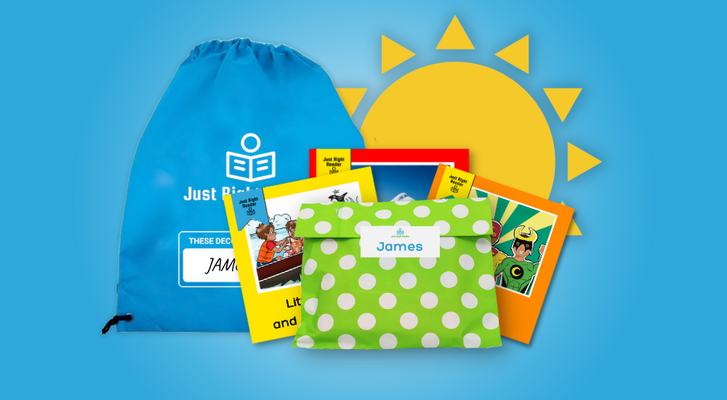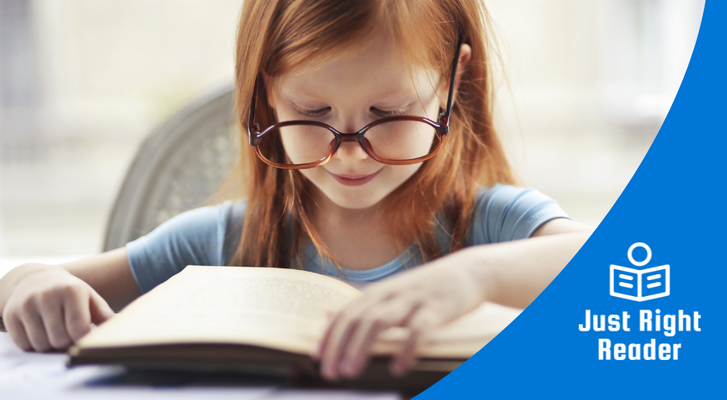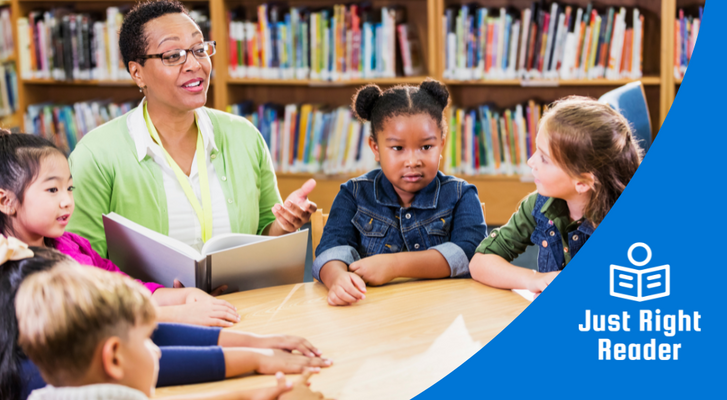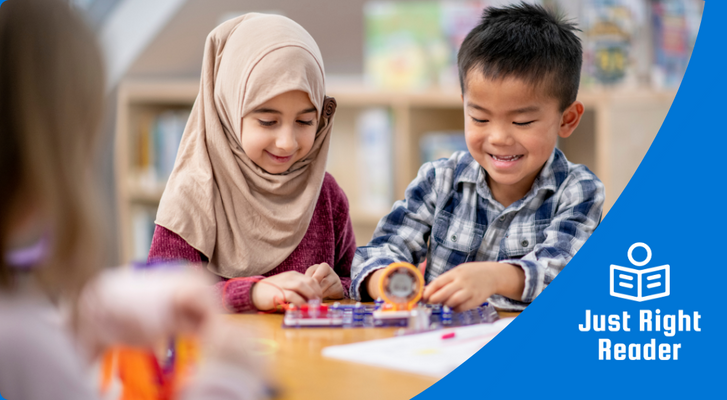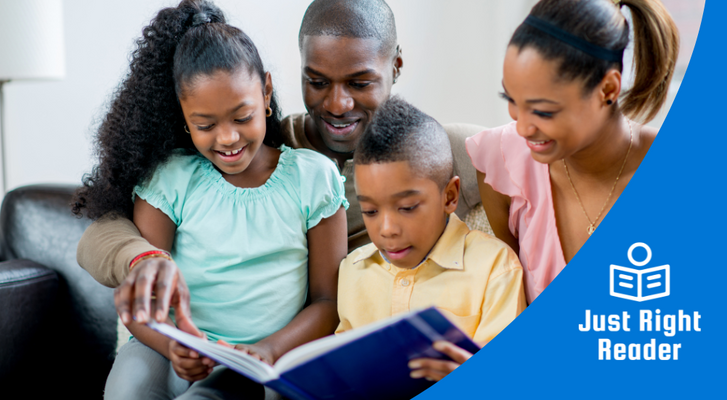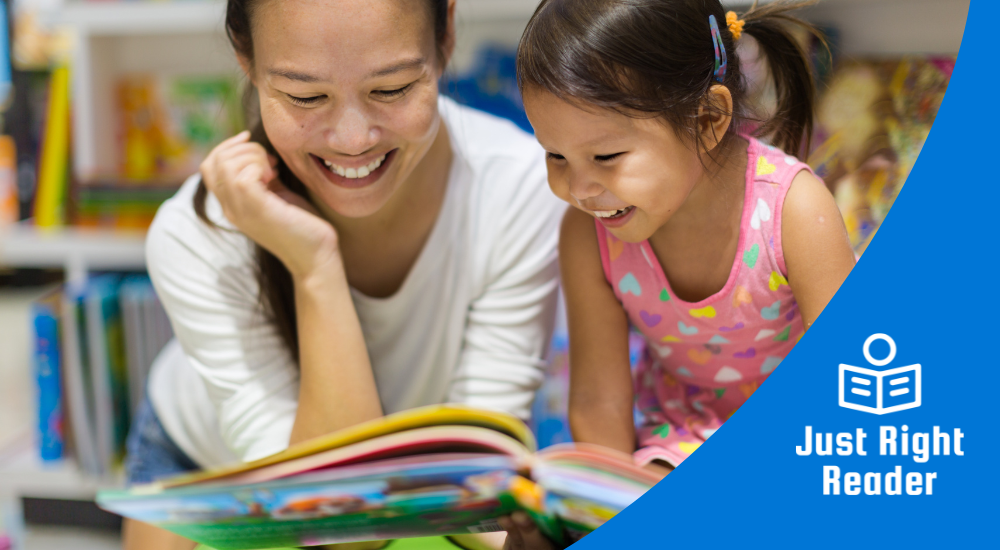
Creating a literacy-rich home is key to helping your child develop essential reading and writing skills. It surrounds them with language opportunities that boost their literacy skills and lay the groundwork for academic success.
In this guide, you'll find strategies and examples to help you set up a nurturing learning environment that increases family engagement and fosters a love of reading.
Benefits of Reading Together as a Family

-
Boosts Academic Performance: Regular reading sessions improve vocabulary, comprehension, and critical thinking skills, which are essential for academic success.
-
Enhances Emotional Connection: Sharing stories and discussing characters and plots helps families connect on a deeper level.
- Fosters a Love for Reading: When children see their parents engaged and enjoying reading, they are encouraged to develop a lifelong passion for books and learning.
11 Tips for Creating a Literacy-Rich Home
A literacy-rich home is filled with books, writing materials, and engaging activities that encourage family engagement around reading and writing.
1. Designate a Reading Space
Create a cozy, well-lit reading space away from distractions. Let your child help set it up with favorite books, cushions, or decorations to build excitement and ownership.
2. Establish a Reading Routine
Parents play a key role in building reading habits. Set a consistent time, such as after dinner or before bed, to make reading a natural part of your child’s day. A reading routine is a significant contributor to your child's literacy development (Clark & Rumbold, 2006).
3. Interactive Shared Reading Sessions
Ask open-ended questions to make reading interactive and encourage your child to think deeply about the story. Regularly interactive reading practices significantly enhance children's language and cognitive development (Snow, 2004).
Dr. Pamela Sullivan, Professor at James Madison University, explains what shared reading is.
Try these questions:
- How do you think this character feels?
- What do you think will happen next?
- What would you do if you were this character right now?
- What was the most important part of the story, and why?
- What does this part of the story remind you of?
- Can you think of a different ending to the story?
- Which character in the story would you like to meet, and what would you ask them?
-
What do you think the author wants us to learn from this story?

4. Rotate Books Regularly
Visit public libraries or join book swaps to keep your home library fresh and your child engaged. Research shows that access to a wide variety of books supports stronger reading skills and overall academic success. (Neuman and Celano, 2001).
5. Incorporate Technology Wisely
Use educational apps and e-books that enhance reading skills. Research suggests that when used appropriately, digital platforms can significantly support literacy development (Burnett, 2010).
6. Read Aloud Together
Reading aloud isn’t just for young children. For older readers, it allows parents to model fluent reading, introduce richer vocabulary and language, build background knowledge, and stay actively involved in their child’s literacy growth.
7. Create a Book Club
Start a family book club where each member reads and discusses the same book. This encourages reading comprehension and critical thinking and makes reading a social activity that everyone can look forward to.

8. Display Books Prominently
Make books a visible and inviting part of your home. Keep them in common areas where children can easily see and reach them to inspire spontaneous reading.
9. Celebrate Reading Milestones
Celebrate your child’s reading milestones with simple rewards and praise to keep them motivated. Use a progress chart so they can track their achievements and set new goals.
10. Create Literacy-Related Games
Boost your child’s reading and writing skills with fun literacy games. Try an alphabet scavenger hunt to find items that start with each letter or a word-building challenge to create new words. These playful activities make learning engaging and effective.
11. Encourage Writing
Writing is an important part of literacy development. Create a special space with fun materials like crayons, markers, and paper, and encourage your child to write every day through journaling, making their own books, or writing letters to family members.
Just Right Reader Decodables Books Support Family Literacy
Just Right Reader Science of Reading Phonics Program + Decodable Libraries, designed with leading literacy experts and educators, are crafted specifically to support the phonics skills your child is learning, making them an important part of your literacy-rich home.

-
Structured Phonics Support: Each Just Right Reader book is designed to focus on the phonics patterns your child is currently learning or has already learned. This targeted approach helps improve their reading skills right at home, boosting both their confidence and fostering a love of reading.
-
Engaging and Memorable Stories: Just Right Reader decodables are filled with relatable characters, colorful illustrations, and fun stories that capture your child’s imagination and keep them engaged.
- QR Code for Phonics Lessons: Each decodable contains a QR code that links to video lessons in English, Spanish, and 12+ languages. These videos make your reading time together more interactive and fun, offering short, fun phonics lessons that enhance the reading experience.
Incorporating Just Right Reader Science of Reading decodables into your family’s reading routine not only accelerates your child's reading abilities but also fosters meaningful interactions around learning.
Enhance Family Literacy With Just Right Reader
Just Right Reader Starter Libraries make it easy to support reading at home while strengthening key phonics skills and boosting confidence.

- 10 Science of Reading decodable books with fun stories and characters your child will love
- Engaging video phonics lessons in 14+ languages
- Family-friendly literacy activities you can do together
Built to accelerate your child’s literacy growth through evidence-based books and joyful reading experiences. Learn more.
References
Burnett, C. (2010). Technology and literacy in early childhood educational settings: A review of research.Journal of Early Childhood Literacy.
Clark, C., & Rumbold, K. (2006). Reading for pleasure: A research overview.National Literacy Trust.
Neuman, S. B., & Celano, D. (2001). Access to print in low-income and middle-income communities: An ecological study of four neighborhoods.Reading Research Quarterly
Snow, C. E. (2004). What counts as literacy in early childhood? In K. McCartney & D. Phillips (Eds.),Blackwell handbook of early childhood development (pp. 273-294). Blackwell Publishing.



